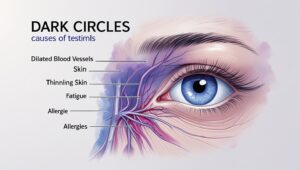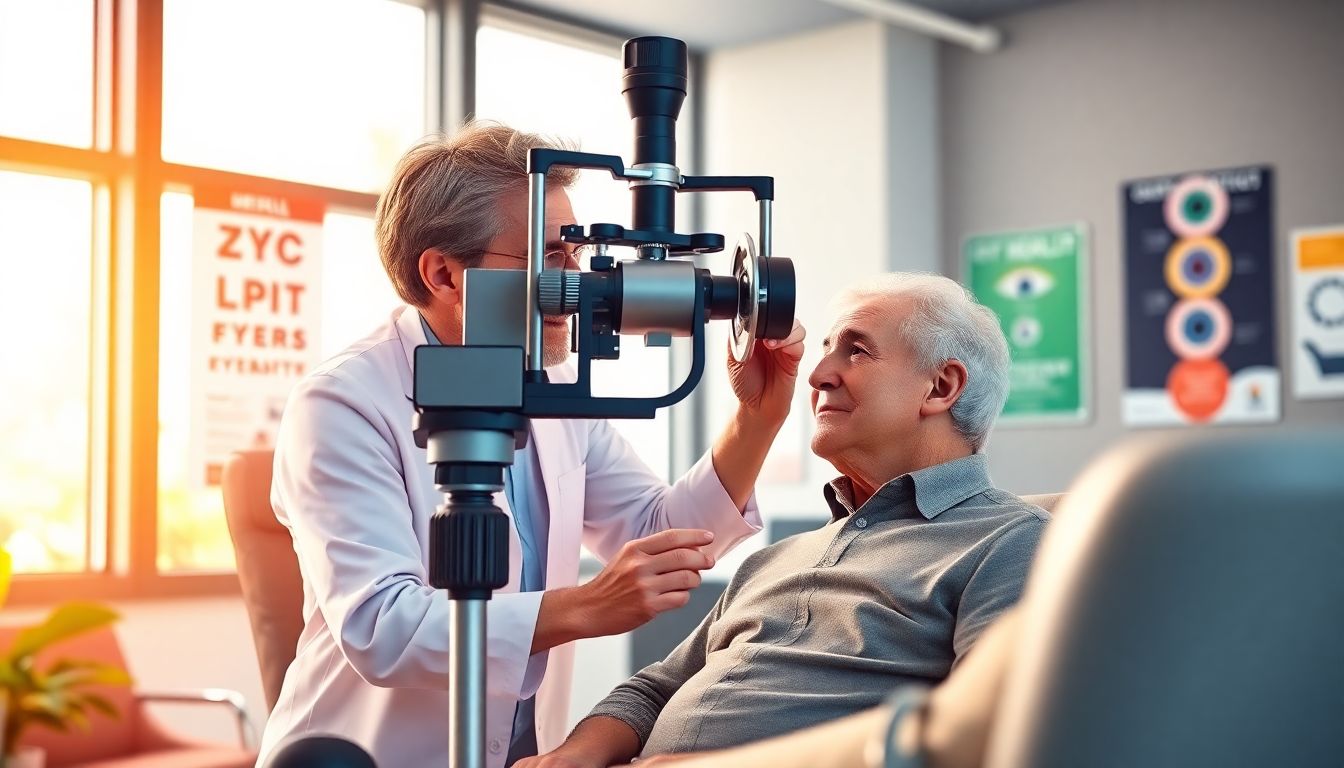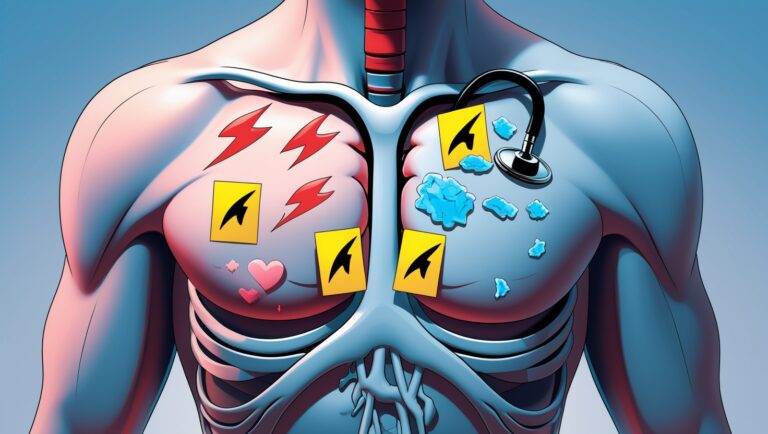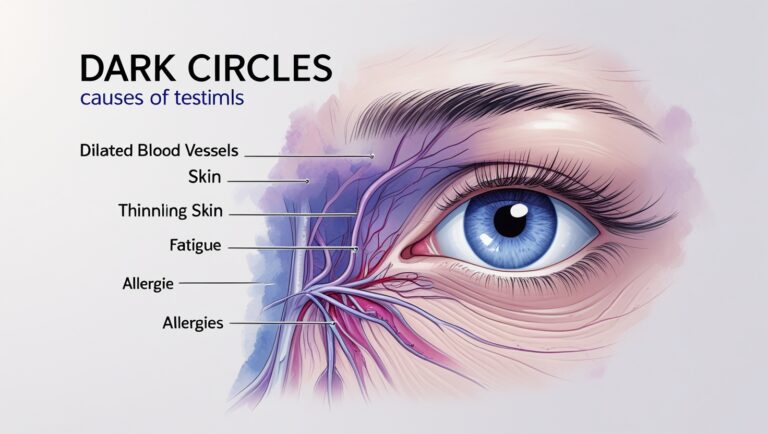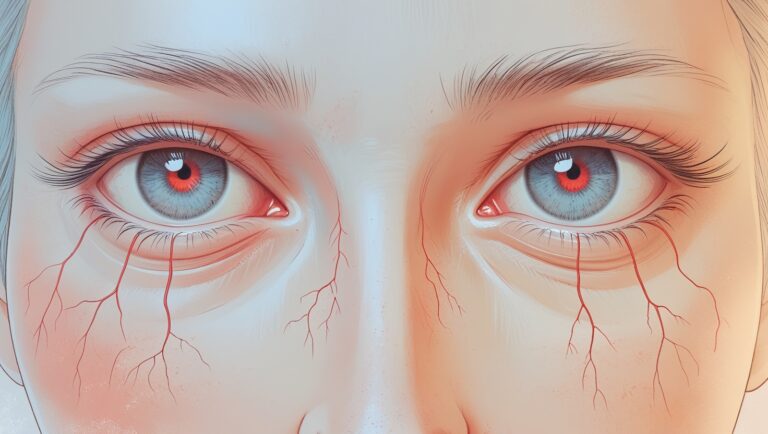Table of Contents
-
Introduction: Why Eye Exams Matter
-
How the Eye Works and Why It Needs Regular Care
-
Recommended Eye Exam Frequency by Age
-
When You Should Get Your Eyes Checked More Often
-
Eye Health and Chronic Conditions: Diabetes, Hypertension, and More
-
Common Vision Problems Detected During Eye Exams
-
What Happens During a Comprehensive Eye Exam?
-
Why Children and Seniors Need Special Eye Care
-
Digital Screen Time and Its Impact on Your Eyes
-
Tips to Maintain Healthy Vision Between Eye Exams
-
FAQs on Eye Check-Ups
-
Conclusion: Take Charge of Your Eye Health Today
Introduction: Why Eye Exams Matter
Regular eye exams aren’t just about checking if you need new glasses or contact lenses—they’re essential for your overall health. Many serious conditions such as glaucoma, diabetes-related eye disease, and high blood pressure (hypertension) can go unnoticed without routine eye care.
Even if you have perfect vision, your eyes can reveal clues about your general health. That’s why experts recommend getting your eyes checked regularly.
How the Eye Works and Why It Needs Regular Care
The eye is a complex and delicate organ that works like a camera. The lens focuses light onto the retina, which sends signals to the brain to create vision.
Since we rely on our eyes every waking moment, they are vulnerable to wear and tear, especially from screen use, environmental exposure, and aging.
Regular eye care helps to:
-
Detect early signs of eye diseases
-
Monitor changes in your vision
-
Ensure your eyeglass or contact lens prescription is accurate
-
Identify symptoms of chronic health problems like diabetes and hypertension
Recommended Eye Exam Frequency by Age
How often you should have an eye exam depends largely on your age and risk factors.
Children (0–18 years)
-
First exam: At 6 months
-
Second exam: Around age 3
-
Before school: Age 5–6
-
After that: Every 1–2 years
Adults (19–39 years)
-
Every 2 years if no vision problems
-
Annually if using glasses/contacts or experiencing symptoms
Adults (40–64 years)
-
Every 1–2 years, even without symptoms
-
Risk of glaucoma, cataracts, and diabetic eye disease increases
Seniors (65+ years)
-
Every year is recommended
-
Increased risk of age-related conditions like macular degeneration and glaucoma
When You Should Get Your Eyes Checked More Often
Some people need more frequent exams due to higher risks. These include:
-
People with diabetes or hypertension
-
Family history of glaucoma or other eye diseases
-
Taking medications that affect vision
-
Wearing contact lenses
-
Experiencing frequent headaches or visual disturbances
If any of these apply to you, annual or even biannual visits to the eye doctor are strongly advised.
Eye Health and Chronic Conditions: Diabetes, Hypertension, and More
Chronic health conditions can have a significant impact on your vision. Here’s how:
Diabetes
-
Can lead to diabetic retinopathy, a leading cause of blindness
-
Annual eye exams are crucial to detect early damage
Hypertension (High Blood Pressure)
-
Damages blood vessels in the retina (hypertensive retinopathy)
-
Eye exams help monitor the effects on eye health
Autoimmune Disorders
-
Conditions like lupus or multiple sclerosis may cause vision changes
-
Regular monitoring can prevent long-term damage
Common Vision Problems Detected During Eye Exams
Eye exams can uncover both minor and serious conditions early. Common issues include:
-
Refractive errors: Nearsightedness, farsightedness, astigmatism
-
Cataracts: Clouding of the lens with age
-
Glaucoma: Increased pressure inside the eye damaging the optic nerve
-
Macular degeneration: Loss of central vision, usually in older adults
-
Diabetic eye disease: Damage from high blood sugar levels
What Happens During a Comprehensive Eye Exam?
A full eye exam goes beyond a simple vision test. Here’s what’s typically included:
Key Components:
-
Visual acuity test: How well you see at various distances
-
Refraction test: Determines lens prescription
-
Eye muscle test: Checks for alignment and movement
-
Pupil dilation: Allows a deeper look into the back of the eye
-
Tonometry: Measures intraocular pressure (important for glaucoma detection)
-
Retinal exam: Checks retina, optic nerve, and blood vessels
Why Children and Seniors Need Special Eye Care
Children:
-
Eye development is rapid in early years
-
Uncorrected issues can affect learning and development
-
Early exams help catch lazy eye (amblyopia) and crossed eyes (strabismus)
Seniors:
-
Prone to age-related conditions like cataracts, glaucoma, and macular degeneration
-
Routine exams help preserve vision and independence
Digital Screen Time and Its Impact on Your Eyes
In today’s digital world, we spend hours on screens. This can cause:
Symptoms of Digital Eye Strain:
-
Dry or itchy eyes
-
Blurred vision
-
Headaches
-
Neck and shoulder pain
Tips for Relief:
-
Follow the 20-20-20 rule (every 20 minutes, look at something 20 feet away for 20 seconds)
-
Blink often
-
Use blue-light filters
-
Take screen breaks
Tips to Maintain Healthy Vision Between Eye Exams
Here are some simple habits to protect your eyes every day:
-
Eat foods rich in antioxidants (leafy greens, fish, nuts)
-
Wear sunglasses with UV protection
-
Stay hydrated
-
Control blood sugar and hypertension
-
Don’t smoke—it increases risk for cataracts and glaucoma
-
Wear protective eyewear during sports or risky tasks
FAQs on Eye Check-Ups
How long does an eye exam take?
Usually 30–60 minutes, depending on the tests required.
Can I wear my contact lenses to the exam?
Yes, but bring your lens case. The doctor may ask you to remove them for some tests.
Do I need an eye exam if I don’t wear glasses?
Absolutely! Many serious conditions don’t show symptoms in early stages.
Will my eyes be dilated?
Often yes, especially for first-time or senior patients. This helps examine the back of the eye thoroughly.
Conclusion: Take Charge of Your Eye Health Today
Your vision is one of your most precious senses, and protecting it begins with regular eye exams. Whether you’re young, aging, or managing a condition like diabetes or hypertension, routine check-ups help detect problems early and keep your eyes healthy.
Don’t wait until you notice a problem—schedule your eye exam today and see the difference!

